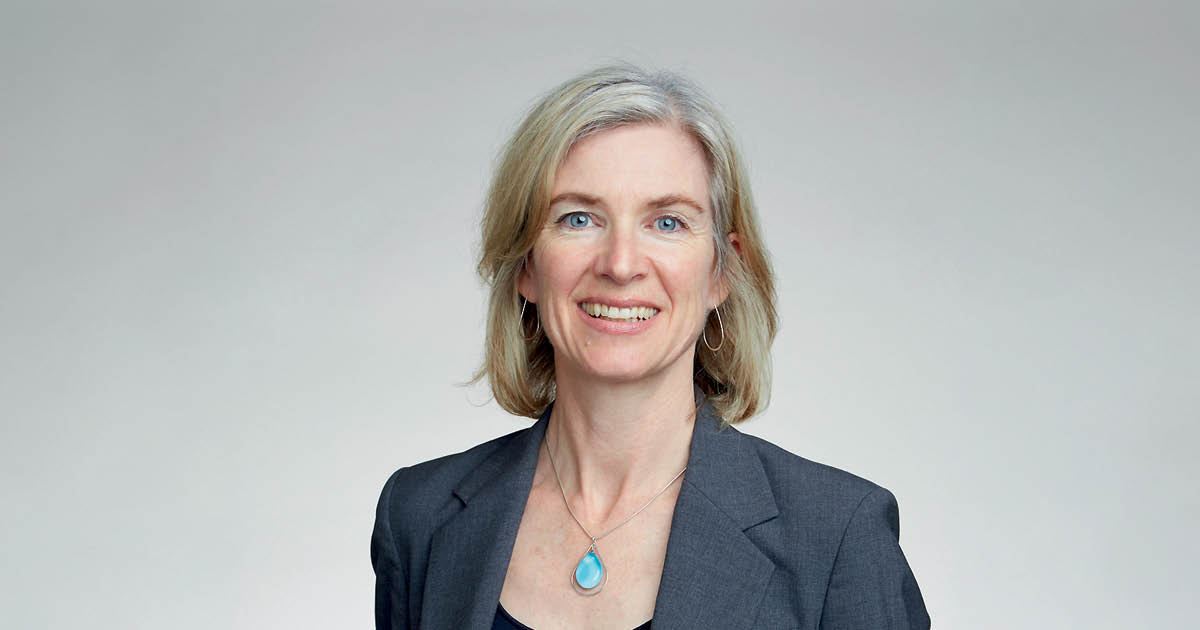
Growing up surrounded by the natural beauty of Hawaii and with a sense of scientific curiosity encouraged by her parents at every step, it’s no wonder that Jennifer Doudna has made a career out of learning more about the underlying biological mechanisms of life. The long list of credentials and awards to her name clearly shows that her years of work are bearing fruit that will grow our understanding of the world around us for generations.
Born in Washington, D.C., Doudna is the daughter of well-educated parents. Her father held a PhD in English literature and her mother held master’s degrees in education and Asian history. At the age of 7, her family moved to Hilo, Hawaii, where her father taught American literature at the University of Hawaii at Hilo. The natural beauty of Hawaii fascinated the young Doudna, and combined with the encouragement of her parents and 10th-grade chemistry teacher Jeanette Wong, she developed an early interest in science and biology in particular.
Attending Pomona College in Claremont, California, she studied biochemistry, graduating with a Bachelor of Arts degree in 1985. Choosing Harvard Medical School for her doctoral study, she earned a PhD in biological chemistry and molecular pharmacology in 1989, with her dissertation on a system that increased the efficiency of a self-replicating catalytic RNA.
After earning her doctorate, she held research fellowships at the Massachusetts General Hospital and at Harvard Medical School, continuing on to research and teach at the University of Colorado, Boulder and Yale. In 2002, she accepted a professorship at the University of California, Berkeley, taking a leave of absence in 2009 to briefly work at Genentech, returning to UC Berkeley to study CRISPR technology.
Her research work on CRISPR-Cas9 technology with fellow scientist Emmanuelle Charpentier led to a Nobel Prize in Chemistry in 2020 and Doudna’s widespread recognition. The two scientists saw their award as an important moment for women in science, saying:
“Both Emmanuelle and I felt proud of our gender that morning and just happy that we were sending a message collectively to girls and others who have felt excluded from the STEM fields that their work can be recognized...I think that’s a really important message, especially this particular award.”
Today, Doudna continues her research at UC Berkeley, working to broaden scientific knowledge in the fields of biochemistry and genetics.
